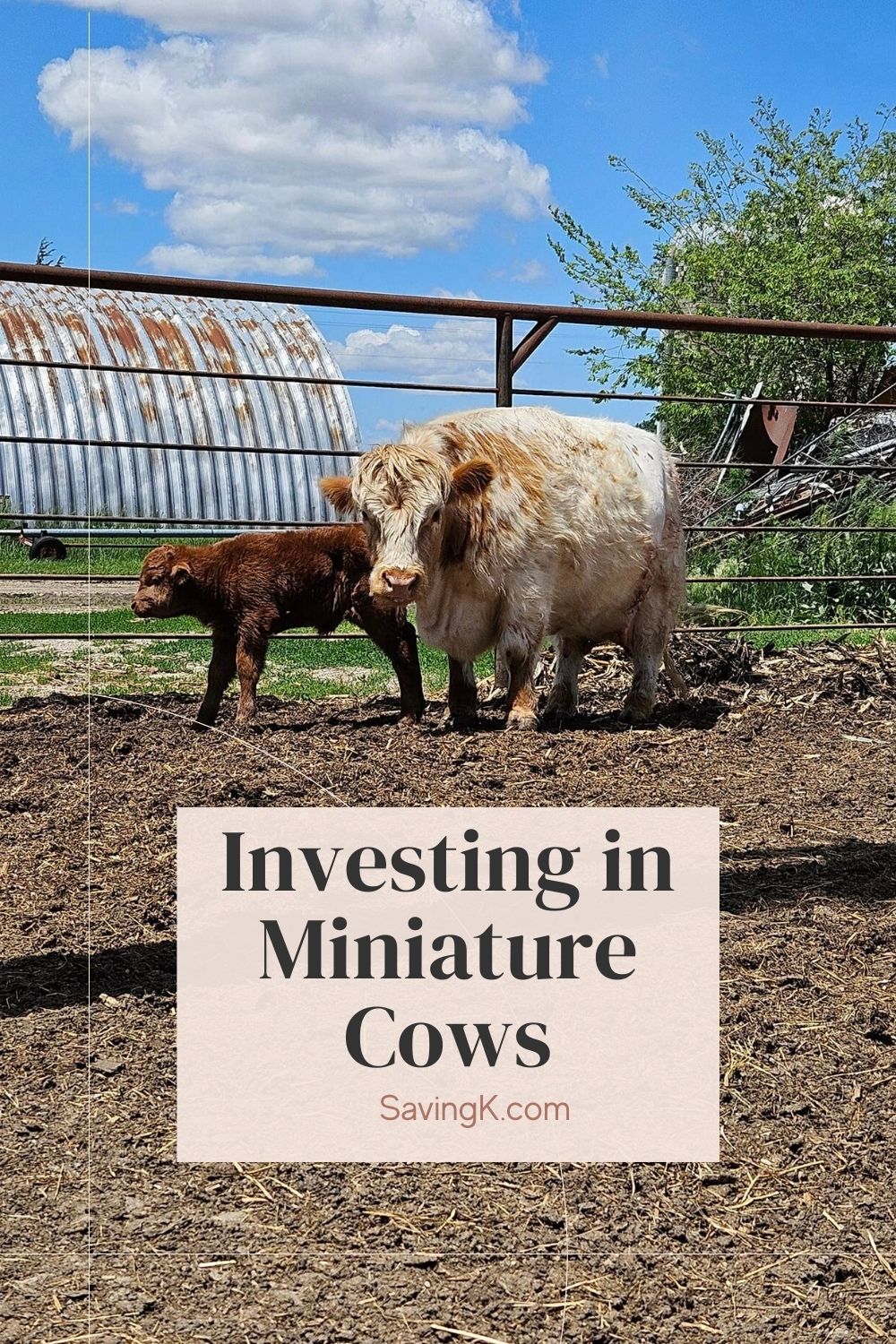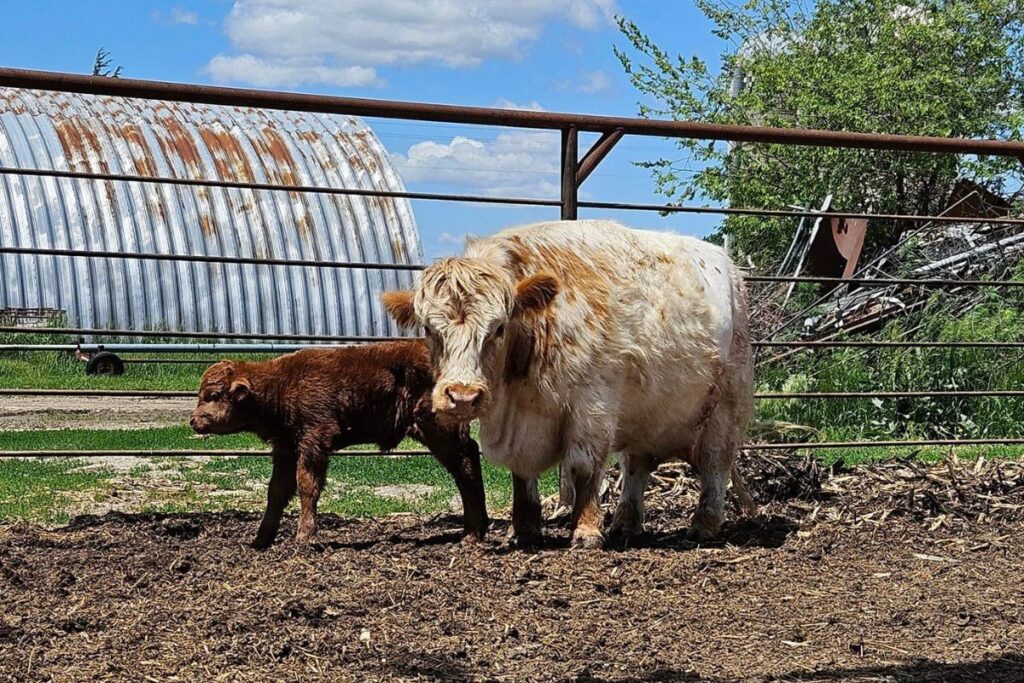
Investing in miniature cows is a growing trend that offers a unique blend of profitability, sustainability, and charm. These pint-sized bovines are not only adorable but also practical, providing a range of benefits that make them an appealing option for both novice and seasoned investors. Here’s why investing in miniature cows could be a smart move for your portfolio.
Contents
1. Understanding Miniature Cows
Miniature cows are smaller versions of standard cattle breeds, typically standing between 36 to 48 inches tall. Despite their size, they retain the characteristics and benefits of their larger counterparts, including milk production, meat quality, and docility. Popular breeds include the Miniature Hereford, Miniature Highland, and Dexter.
2. Advantages of Miniature Cows
Investing in miniature cows comes with a host of benefits that extend beyond their adorable appearance, offering practical and financial advantages that make them an attractive option for both small-scale farmers and savvy investors.
Space Efficiency
Miniature cows require less space than standard cows, making them ideal for small farms and hobby farms. They need about a third of the grazing area, which reduces land costs and allows for more efficient use of available resources.
Lower Maintenance Costs
Their smaller size also translates to lower feed, healthcare, and overall maintenance costs. Miniature cows consume less food and water, and their veterinary care is generally less expensive due to their manageable size.
Sustainability
Investing in miniature cows can contribute to more sustainable farming practices. Their reduced grazing and water needs help conserve resources, while their manageable manure output can be used effectively for fertilizing crops.
Diverse Revenue Streams
Miniature cows offer multiple revenue opportunities. They can be sold for their meat, milk, and breeding stock. Additionally, their novelty and appeal make them a popular attraction for agritourism, providing another potential income stream through farm tours, petting zoos, and educational events.
3. Financial Considerations
Investing in miniature cows requires careful financial planning, as the initial costs and potential returns can vary widely. Here are key financial factors to consider when venturing into the world of miniature cow farming.
Initial Investment
The cost of purchasing miniature cows can vary based on breed, age, and quality. Prices generally range from $1,000 to $5,000 per cow. While this initial investment may be higher than standard livestock, the long-term savings on maintenance and the potential for diverse income streams can offset the upfront costs.
ROI Potential
The return on investment for miniature cows can be significant. Their lower maintenance costs, combined with high demand for their products, can result in a strong ROI. For instance, miniature cow meat and milk products often fetch premium prices due to their novelty and quality.
Market Demand
The demand for miniature cows is growing, driven by the rise in small-scale farming, sustainable agriculture, and consumer interest in unique, high-quality animal products. This demand ensures a steady market for selling both livestock and their products.
4. Challenges and Considerations
While miniature cows offer numerous benefits, there are also challenges and considerations to keep in mind to ensure a successful investment and farming experience.
Initial Learning Curve
For those new to livestock farming, there may be a learning curve associated with caring for miniature cows. It’s important to educate yourself about their specific needs, health care, and breeding practices to ensure a successful investment.
Market Fluctuations
Like any agricultural investment, the market for miniature cows can be subject to fluctuations. It’s crucial to stay informed about industry trends and market conditions to make informed decisions and reduce risks.
Regulatory Requirements
Ensure you are aware of and comply with local regulations regarding livestock farming. This includes zoning laws, health and safety standards, and any necessary permits or licenses.
5. Investing in Miniature Cows
Conclusion

Investing in miniature cows presents a unique and potentially lucrative opportunity for those interested in sustainable agriculture and alternative investments. Their low maintenance costs, diverse revenue streams, and growing market demand make them an attractive option. By understanding the advantages and challenges, investors can make informed decisions and enjoy the benefits of this charming and profitable venture.
Whether you’re looking to diversify your investment portfolio or embark on a new agricultural venture, miniature cows offer a delightful and rewarding opportunity. Consider adding these pint-sized powerhouses to your investment strategy and reap the benefits of this unique and sustainable asset.




